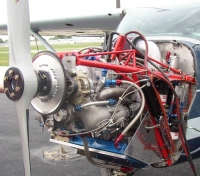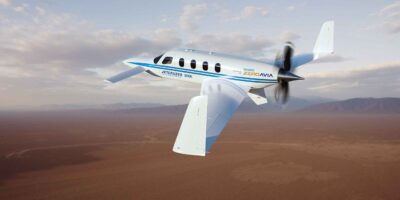DeltaHawk engines has joined Diamond in questioning ExxonMobil’s decision not to supply jet fuel in piston-powered diesel engines.
ExxonMobil recently issued a statement that it would not allow its jet fuel to be used in diesel engines unless a waiver had been signed. This move took the industry very much by surprise. ExxonMobil justified its actions on several grounds – the main ones being freezing point, lubricity and ignition quality – saying that it had concerns on each of these counts.
Diamond countered by saying that while these were valid points, all of them had been taken into account in the manufacture and certification of diesel engines.
Now DeltaHawk, a US manufacturer of diesel engines, has issued its own reaction in many ways echoing that of Diamond.
Diane Doers, DeltaHawk’s CEO, summarises by saying: “We wonder what ‘extensive technical review’ could have been conducted by ExxonMobil without extensive technical discussions with either Diamond or DeltaHawk.”.
She continues: “Diesel engines for aircraft bring significant benefits by reducing both usage of leaded fuel and total fuel consumption.
“They also will improve safety, especially in areas of the world where on spec 100LL is not available. In a time when bottom line costs and becoming ‘green’ are ever more important … diesel power will be an important contributor to a vibrant, cost-effective aviation industry.
“We look forward to working with ExxonMobil for the good of our mutual customers.”
DeltaHawk













1 comment
I am based in France, just sharing my humble point of view as director of a Paris based flight school.
All major actors shall meet to help resolve our major aviation challenges.
The only “green touch” hope one can have about SAF, is looking at the biodiesel.
This has just started for large commercial airplanes and general aviation needs to take benefit of it.
Retrofit like Delta Hawk engines is key to our future.
Reasoning must lead all of us into that direction.
Fully supportive of DH on this side of the Atlantic.